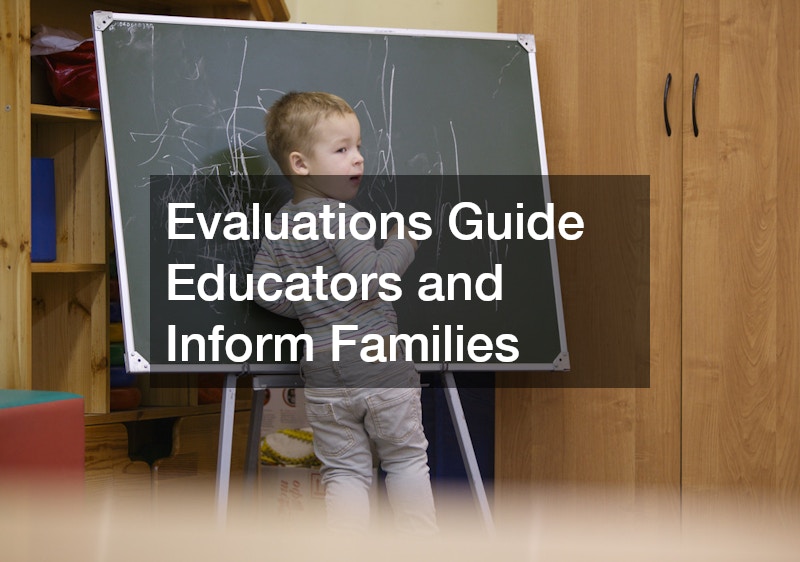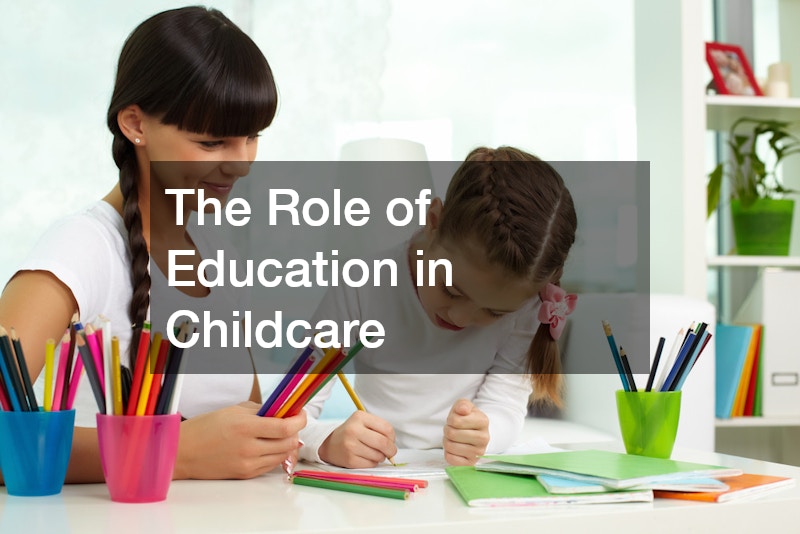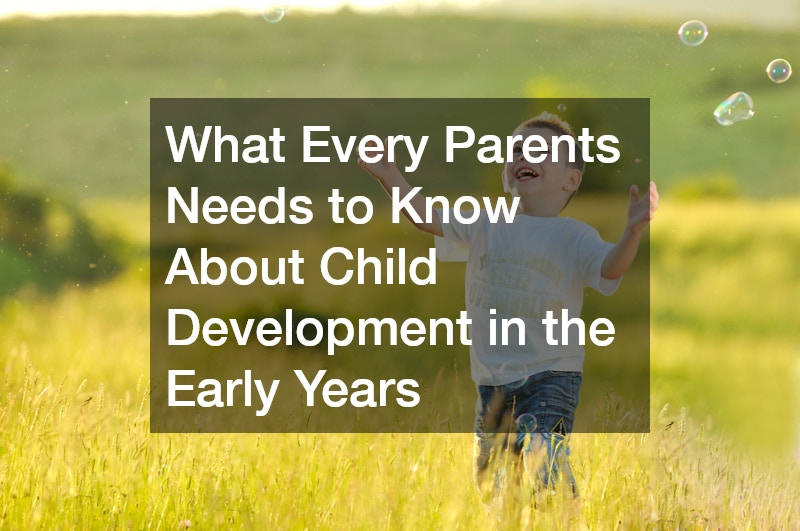The Role of Education in Childcare
Education plays a crucial role in shaping the foundations of a child’s development. From the earliest years, the experiences and learning opportunities a child encounters can influence their social, emotional, and cognitive growth. Early educational experiences help children develop essential skills such as communication, problem-solving, and emotional regulation, which are vital for success later in life. With such impactful experiences, education is a vital component of childcare.
Within the context of childcare, education extends beyond academic learning. It encompasses structured activities, guided play, and nurturing interactions that collectively support a child’s holistic development.
Centres and early learning programs often incorporate carefully designed curricula that balance cognitive, physical, and emotional growth, ensuring children receive a well-rounded start.
The Importance of Early Education in Childcare
Early education lays the groundwork for lifelong learning. Children exposed to structured learning opportunities develop stronger cognitive skills and social abilities, helping them navigate the complex social environments they will encounter as they grow. Establishing these foundations in the early years can positively impact school readiness and overall well-being.
In learning environments for young children, early education is implemented through a range of activities tailored to different developmental stages. Educators use storytelling, interactive play, and problem-solving exercises to encourage exploration and learning. These experiences teach practical skills while fostering resilience, collaboration, and a love of learning that continues into primary school.
Teaching Methods That Support Child Development
Effective teaching methods focus on active, hands-on learning. Children learn best when engaged in activities that stimulate curiosity and allow them to experiment and explore ideas. Incorporating diverse strategies accommodates different learning styles and helps children reach their full potential.
Educators often employ play-based learning, inquiry activities, and sensory experiences to support development. Using building blocks to teach spatial reasoning or group projects to develop teamwork allows children to internalise concepts while honing social and cognitive skills. These approaches ensure learning is both meaningful and enjoyable.
The Role of Educators in Learning Environments
Educators are pivotal in shaping children’s experiences and fostering a love for learning. Their guidance, encouragement, and responsiveness create a supportive environment where children feel safe to explore and take risks. Skilled educators observe, adapt, and tailor activities to suit each child’s unique needs.
Educators build strong relationships with children, recognising individual interests and abilities. They provide opportunities for independent problem-solving and group collaboration, modelling positive behaviours and communication. Personalised attention ensures every child receives the support needed to thrive academically, socially, and emotionally.
Family Engagement and Its Impact on Learning
Families are essential partners in a child’s educational journey. Consistent communication and involvement between parents and educators reinforce learning, helping children apply skills and knowledge across different contexts. Family engagement also strengthens a child’s sense of security and belonging, which is crucial for development.
Early learning centres often create structured opportunities for family participation, such as parent-teacher meetings, workshops, or shared projects. By collaborating with families, educators can tailor experiences to reflect the child’s home environment, cultural background, and interests. This partnership enhances the effectiveness of teaching strategies and promotes consistency in a child’s learning journey.
Evaluating Educational Outcomes
Assessing educational outcomes helps ensure programs effectively support child development. Observation, documentation, and feedback are commonly used to track progress and identify areas for improvement. Evaluating outcomes allows educators to refine teaching approaches and maintain high-quality learning experiences.
This might include monitoring language acquisition, social interaction, and problem-solving skills over time. Centres may use portfolios, checklists, or developmental milestones to measure progress, providing insights into each child’s growth. Evaluations guide educators and inform families about achievements and areas for further development.
Education within early learning plays a transformative role in shaping a child’s experiences and future learning. High-quality programs combine structured learning, play, and social interaction to foster holistic development, ensuring children gain the skills and confidence needed for school and beyond.
The collaborative efforts of educators and families create a supportive environment where children can flourish. By focusing on effective teaching methods, personalised guidance, and careful evaluation, early education provides a solid foundation for lifelong learning. Investing in this stage is an investment in a child’s future, helping them build the knowledge, resilience, and curiosity to thrive. By recognising the value of early education, communities can support initiatives that give every child the best possible start in life.





Post Comment